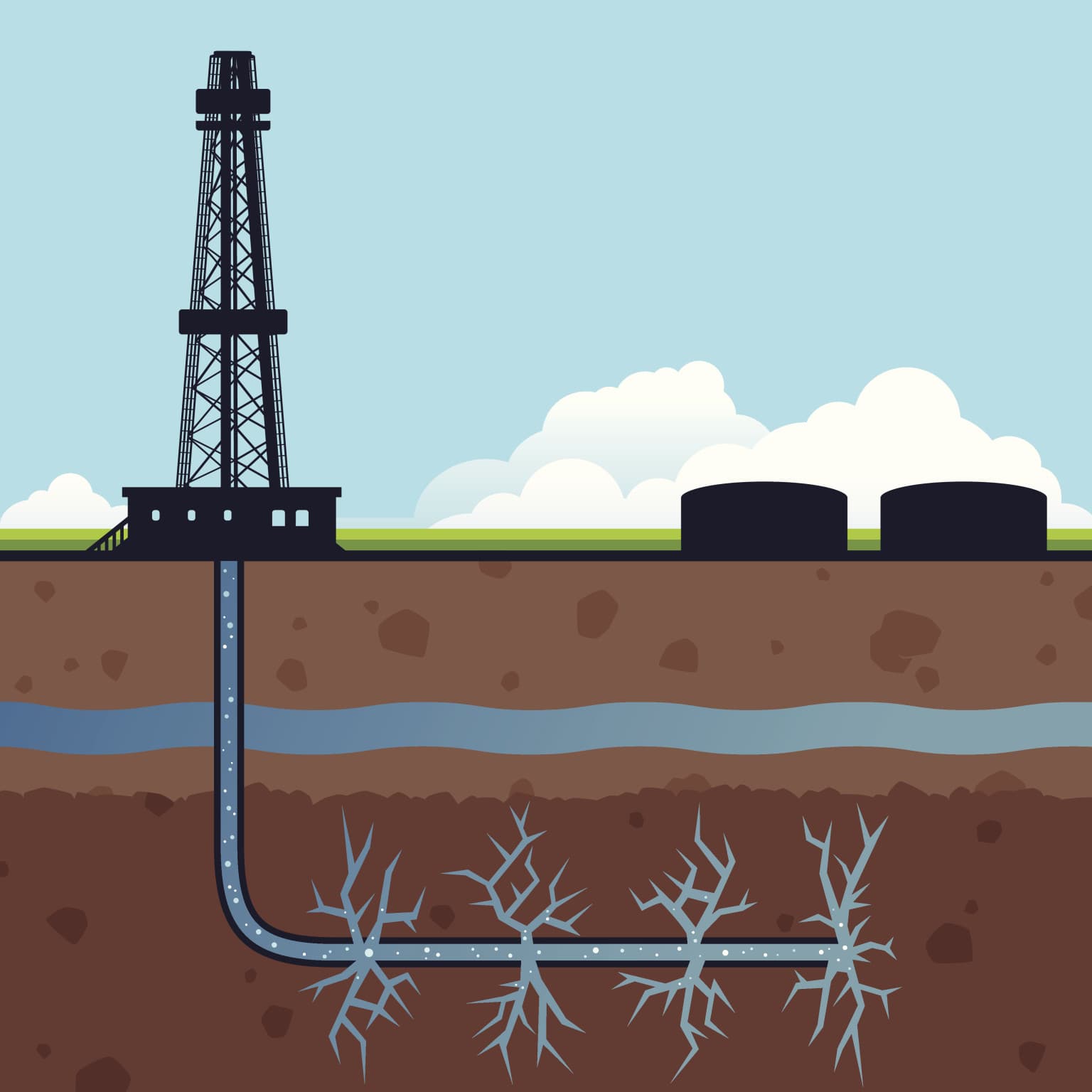
Oklahoma Is Latest State To Prevent Oil Fracking Bans
Oklahoma Is Latest State To Prevent Oil Fracking Bans. Oklahoma cities and counties would no longer be able to ban hydraulic fracturing – a process commonly called fracking – or other oil and gas operations within their boundaries under a bill signed into law on Friday by Gov. Mary Fallin.
Pushed hard by the oil and gas industry, but fiercely opposed by municipalities and environmental groups, the bill specifically prohibits cities or towns from banning operations such as drilling, fracking, water disposal, recovery operations or pipeline infrastructure. Fracking is the practice of high-pressure injection of water, sand and chemicals underground to free deposits of oil and gas, which has led to a boom in U.S. energy production.
A similar ban was signed into law last week by Texas’ Republican Gov. Greg Abbott, as energy producing states push back against efforts by local governments to limit the practices.
Fallin and other Republican supporters say the bill reaffirms the three-member Oklahoma Corporation Commission as the regulator of the oil and gas industry and prevents a patchwork of inconsistent regulations across the state.
“Corporation commissioners are elected by the people of Oklahoma to regulate the oil and gas industry. They are best equipped to make decisions about drilling and its effect on seismic activity, the environment and other sensitive issues,” Fallin said in a statement. “The alternative is to pursue a patchwork of regulations that, in some cases, could arbitrarily ban energy exploration and damage the state’s largest industry, largest employers and largest taxpayers.”
But critics note the energy industry is among the primary contributors to the political campaigns of corporation commissioners and that the regulatory panel has done little to restrict practices such as wastewater injection wells, which have been linked to a dramatic increase in earthquakes across Oklahoma.
Earthquake activity in Oklahoma in 2013 was 70 times greater than it was before 2008, state geologists reported. Oklahoma historically recorded an average of 1.5 quakes of magnitude 3 or greater each year. It is now seeing an average of 2.5 such quakes each day, according to geologists. Oklahoma Is Latest State To Prevent Oil Fracking Bans
“At the very time local governments really need to have the ability to address a serious safety issue in their communities, the state is stepping in and taking that very authority away from them,” said Johnson Bridgwater, director of the Oklahoma Sierra Club.
Norman Mayor Cindy Rosenthal said she’s most concerned that cities may not have the authority to regulate the disposal of wastewater into the drainage basin that leads to Lake Thunderbird, the primary water supply for as many as 200,000 people in several metro-area communities.
“There’s nothing in the bill that says cities can have the authority to protect local drinking water supplies,” Rosenthal said. “There’s never been a discussion in the City of Norman about banning drilling. It has taken place and it does take place.”
The Oklahoma bill, which takes effect in 90 days, does allow municipalities or counties to enact “reasonable” regulations concerning road use, traffic, noise and odors incidental to oil and gas operations. It also authorizes the establishment of requirements for fencing around oil and gas drilling sites and how far away from homes or businesses a well site can be located.
—
Online:
Senate Bill 809: http://bit.ly/1HmkHhg
—
Follow Sean Murphy at www.twitter.com/apseanmurphy
© 2015 The Associated Press. All rights reserved. This material may not be published, broadcast, rewritten or redistributed. Learn more about our Privacy Policy and Terms of Use.












